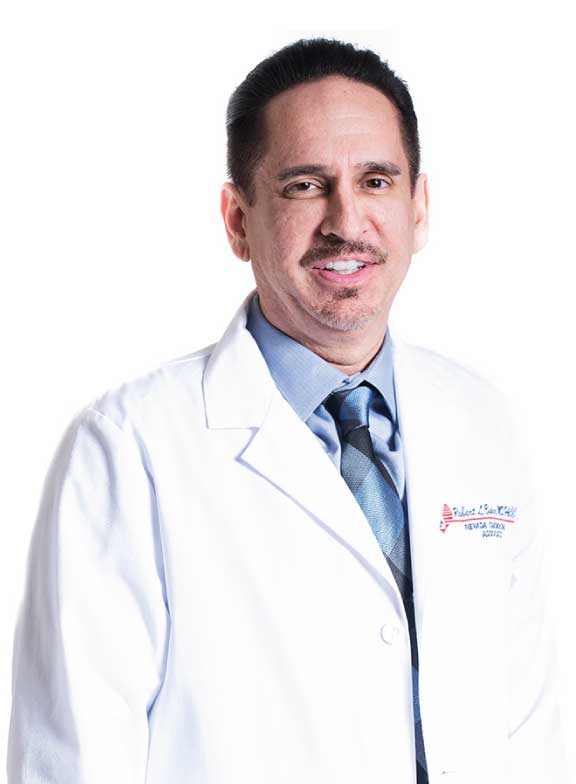Dr. Robert Baker
Dr. Robert Baker, FACC
Arrhythmia Detection
To diagnose a heart arrhythmia, your doctor will review your symptoms and your medical history and conduct a physical examination. Your doctor may ask about — or test for — conditions that may trigger your arrhythmia, such as heart disease or a problem with your thyroid gland. Your doctor may also perform heart-monitoring tests specific to arrhythmias.
Echocardiography
Learn how we utilize Echocardiography to help diagnose and treat heart disease
Heart Failure
Learn about how a diagnosis of Heart Failure does not mean the end of your life
Atrial Fibrillation
Explore what it means to be diagnosed with A-fib and your treatment options
Pacemaker
A pacemaker is a small device that’s placed in the chest or abdomen to help control abnormal heart rhythms. This device uses electrical pulses to prompt the heart to beat at a normal rate.
Pacemakers are used to treat arrhythmias (ah-RITH-me-ahs). Arrhythmias are problems with the rate or rhythm of the heartbeat. During an arrhythmia, the heart can beat too fast, too slow, or with an irregular rhythm.
Education
Dr. Baker graduated from the Vanderbilt University School of Medicine. He completed his internship and residency at Parkland Memorial hospital in Dallas, TX. Dr. Baker underwent fellowship training in general cardiology and electrophysiology at the University of Michigan. he has published extensively in the field of sudden cardiac death and ablation. He is a member of the Clinical Cardiology Council of the American Heart Association, Nevada State Medical Association, and Clark County Medical Society. He has served as a member of the Sunrise hospital Institutional Review Board.






